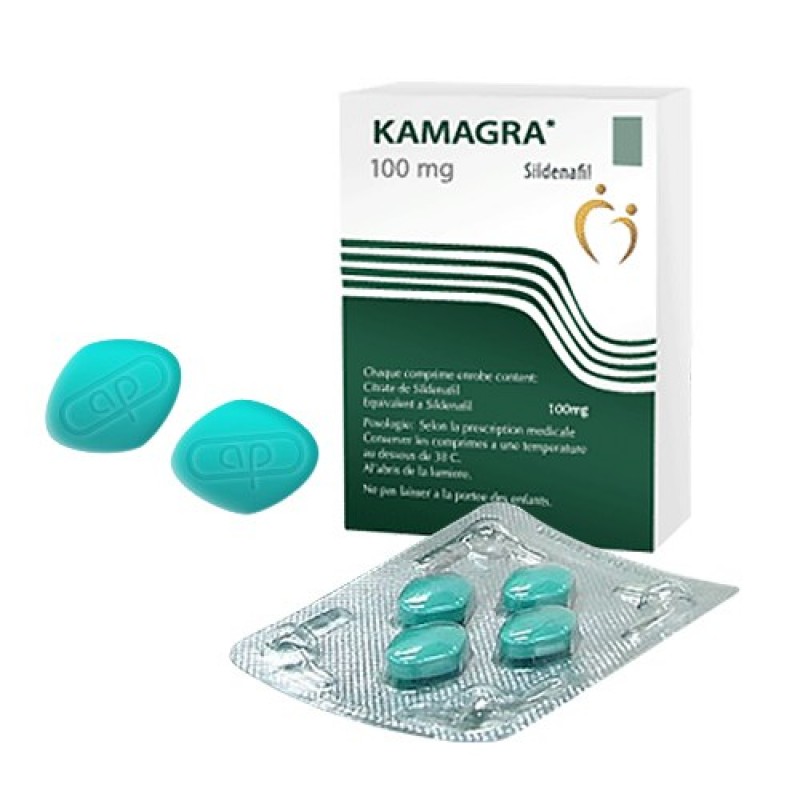Hand washing is one of the most effective ways to prevent the spread of germs and bacteria that can cause illnesses. The Centers for Disease Control and Prevention (CDC) recommends that everyone wash their hands frequently, especially before eating or preparing food, after using the bathroom, and after coughing, sneezing, or blowing their nose.
To properly wash your hands, follow these steps:
- Wet your hands and apply soap
Start by wetting your hands with clean, running water. Then apply soap to your hands. Be sure to use enough soap to cover all surfaces of your hands, including the backs of your hands, between your fingers, and under your nails.
- Rub your hands together to create lather
Rub your hands together to create a lather. Be sure to rub your hands vigorously for at least 20 seconds. You can sing “Happy Birthday” twice or count to 20 to help you keep track of the time.
- Scrub your hands for at least 20 seconds
While lathering, make sure you are scrubbing all surfaces of your hands. Focus on the areas between your fingers, under your nails, and the backs of your hands. Remember to scrub for at least 20 seconds.
- Rinse your hands thoroughly with running water
Once you have finished scrubbing your hands, rinse them thoroughly with clean, running water. Make sure you rinse off all the soap, as leftover soap can cause irritation.
- Dry your hands with a clean towel or air dryer
After rinsing your hands, dry them with a clean towel or air dryer. If you are using a towel, make sure it is clean and not shared with others. Drying your hands is important because wet hands can easily transfer germs.
As a nurse, keeping your hands clean and sanitized is one of the most important steps you can take to prevent the spread of infection and disease in a hospital setting. Here are the proper hand-washing steps for nurses in hospitals, broken down into easy-to-follow subheadings.
Gather Your Supplies
- Before you begin washing your hands, you’ll need to gather your supplies. This includes soap, water, and a clean towel or paper towel.
Wet Your Hands
- Turn on the water and wet your hands thoroughly.
Apply Soap
- Apply soap to your hands. Be sure to use enough soap to create a good lather.
Rub Your Hands Together
- Rub your hands together vigorously for at least 20 seconds. Be sure to scrub all surfaces of your hands, including your palms, the backs of your hands, between your fingers, and under your nails.
Rinse Your Hands
- Rinse your hands thoroughly under the running water.
Dry Your Hands
- Dry your hands using a clean towel or paper towel. If possible, use a towel or paper towel to turn off the faucet.
Apply Hand Sanitizer
- After drying your hands, apply a small amount of hand sanitizer to your hands. Rub your hands together until the sanitizer is dry.
Additional Tips for Proper Hand Washing in Hospitals:
- Wash your hands frequently throughout the day, especially after coming into contact with patients or their surroundings.
- Use hand sanitizer when soap and water are not readily available.
- Avoid touching your face, especially your eyes, nose, and mouth, as this can spread germs.
- Encourage others to practice proper hand hygiene by setting a good example and offering friendly reminders.
Faqs
1. Why is hand washing important?
Hand washing is important because it helps to prevent the spread of germs and bacteria that can cause illnesses. By washing your hands regularly, you can protect yourself and others from getting sick.
2. When should I wash my hands?
You should wash your hands frequently, especially before eating or preparing food, after using the bathroom, after blowing your nose, coughing, or sneezing, and after touching surfaces that may be contaminated with germs.
3. How long should I wash my hands for?
You should wash your hands for at least 20 seconds. This is the amount of time it takes to create a lather and scrub all surfaces of your hands thoroughly.
4. What kind of soap should I use for hand washing?
You can use any kind of soap for hand washing, including regular soap, antibacterial soap, or even liquid dish soap. The important thing is to use enough soap to cover all surfaces of your hands and to create a good lather.
5. What if I don’t have access to soap and water?
If you don’t have access to soap and water, you can use hand sanitizer that contains at least 60% alcohol. However, hand sanitizer is not as effective as washing your hands with soap and water, especially if your hands are visibly dirty or greasy.




